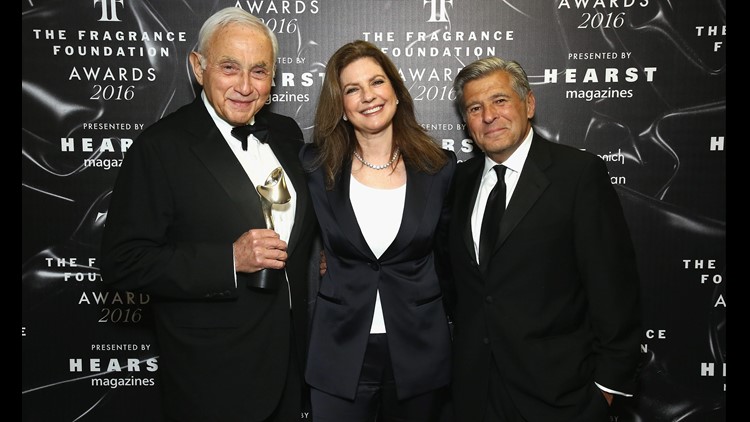

Even if the bras are now worn by an Olympian, the overarching goal is still to convince you that you need fancy underwear and a new credit card. "When it comes to lingerie, women can now look to other women designers rather than settle for styles at Victoria's Secret," Jezebel pointed out … back in 2018.įurther, Victoria's Secret's new campaign, by its very essence, commodifies female empowerment. In truth, the company's rebranding represents the bare minimum it takes to even be relevant in 2021. But our understanding of "sexy" has evolved since Tyra Banks wore the Fantasy Bra, and Victoria's Secret is, out of desperate necessity, now in pursuit. Make no mistake, though: if Victoria's Secret could still get by on selling us the idea that its thongs will magically turn women into "bombshells," it certainly would.

(Victoria's Secret's first openly transgender model Valentina Sampaio, South Sudanese refugee Adut Akech, GirlGaze founder Amanda de Cadenet, and freestyle skier Eileen Gu round out the rest of the group). Even the VS Collective's inclusivity advocate, Paloma Elsesser, who The New York Times describes as "the rare size 14 woman on the cover of Vogue," is smaller than the average American woman today.

VICTORIA SECRET OWNER PROFESSIONAL
Megan Rapinoe has made heroic strides in the fight for equal pay and LGBTQIA+ representation, but, by the nature of her work as a professional soccer player, she also has an incredible athletic build. While Priyanka Chopra Jonas, for example, does admirable entrepreneurial work, she's also a former Miss World pageant winner. But though the initial batch of VS Collective members includes impressive activists and athletes, many of the women are still safely within the bounds of what might be considered commercially attractive in 2021. The women who've been invited to help shape the future of Victoria's Secret do, at least, seem to have a genuine desire to change the company from within. The company's pivot is a smart business decision tweaked to fit with what female customers are receptive to in 2021, a strategy that's been transparent since The Guardian observed in 2015 that "the advertising industry, once bent on selling us sex is now selling us its disgust with sexism." Nice words, certainly - also extremely marketable ones. We needed to stop being about what men want and to be about what women want." As the company's new chief executive (who, notably, is still a man) further told the paper, "When the world was changing, we were too slow to respond. Victoria's Secret will retire its iconic supermodel Angels in favor of creating a seven-woman group called the VS Collective, who will "alternately advise the brand, appear in ads, and promote Victoria's Secret on Instagram," The New York Times reports. Then this week, the store announced its intention to do a radical about-face and become an "advocate" for female empowerment. But the writing was on the wall even then: "American women make most household purchasing decisions, control trillions in consumer spending, and they don't like it when a company defines beauty narrowly for them," Mashable warned in 2017, noting that "now is the worst time for companies to patronize women or produce tone-deaf ads that reinforce cliches or stereotypes about gender roles and identity." Other underwear brands began to realize they could sell their bras to women by promoting themselves as specifically not being Victoria's Secret. The company, though, seemed almost to relish its antiquated, male gaze-y approach to selling women's undergarments (after all, as Justin Timberlake famously informed audiences in The Social Network, the store was started by a man who was too embarrassed to shop for lingerie for his wife in a regular department store). Victoria's Secret has had its chances to catch up before, like in the early 2010s, when "empowering" feminist messaging started to take over in fashion and beauty marketing.


 0 kommentar(er)
0 kommentar(er)
